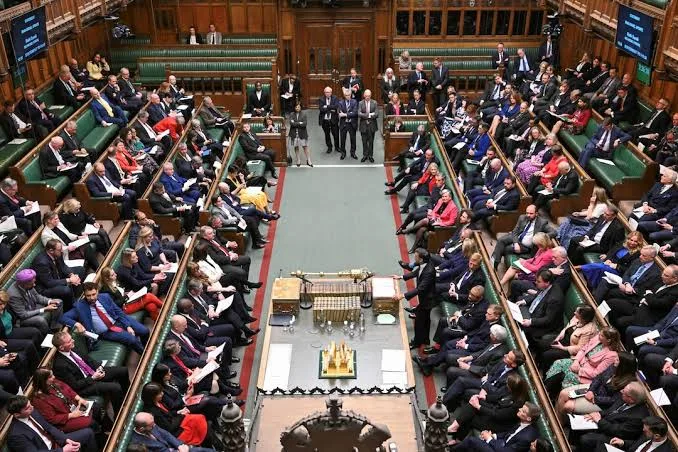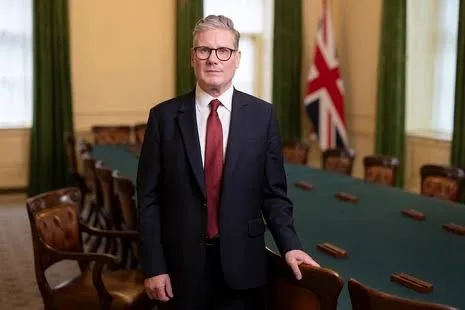The UK government has unveiled a significant investment plan, allocating £86 billion to science, technology, and defense by 2030. This move is part of a broader strategy to boost the country’s economic growth and competitiveness. Labour Finance Minister Rachel Reeves has announced a total investment of £113 billion by the end of the decade, aiming to “turbo-charge” the UK’s fastest-growing sectors.

### Key Areas of Investment
– *Science and Technology*:
The £86 billion investment will focus on advancing innovation clusters across the UK, giving local government leaders the power to decide where funding goes. This initiative aims to drive growth in sectors such as:
– *Advanced Manufacturing*: Enhancing the UK’s manufacturing capabilities and competitiveness.
– *Clean Energy Industries*: Supporting the transition to net zero and accelerating the development of clean technologies.
– *Life Sciences*: Fostering innovation and growth in the life sciences sector.
– *Defense*: The investment will also prioritize defense, with the Ministry of Defence expected to receive a budget boost in the upcoming spending review.

### Economic Growth and Job Creation
The investment plan is designed to stimulate economic growth, create high-quality jobs, and support regional development. Chancellor Rachel Reeves aims to:
– Boost sluggish growth, which has been affected by the trade war launched by US President Donald Trump.
– Create “innovation clusters” across the UK, driving growth and job creation.
– Support regional development, with a focus on city regions and high-potential clusters.

### Funding and Spending Review
The UK government has authorized more borrowing for investment, unlocking a total of £113 billion by the end of the decade. The funding will be allocated across various sectors, with some departments expected to receive significant boosts, while others will face budget cuts. A funding boost of up to £30 billion is also planned for the National Health Service.
### Reaction and Implications
The investment plan has been welcomed as a step towards driving growth and competitiveness in the UK. However, some critics argue that the government should prioritize addressing the cost-of-living crisis and supporting vulnerable populations. Thousands gathered in central London to protest against anticipated measures, calling for increased support for welfare and reduced spending on defense.
